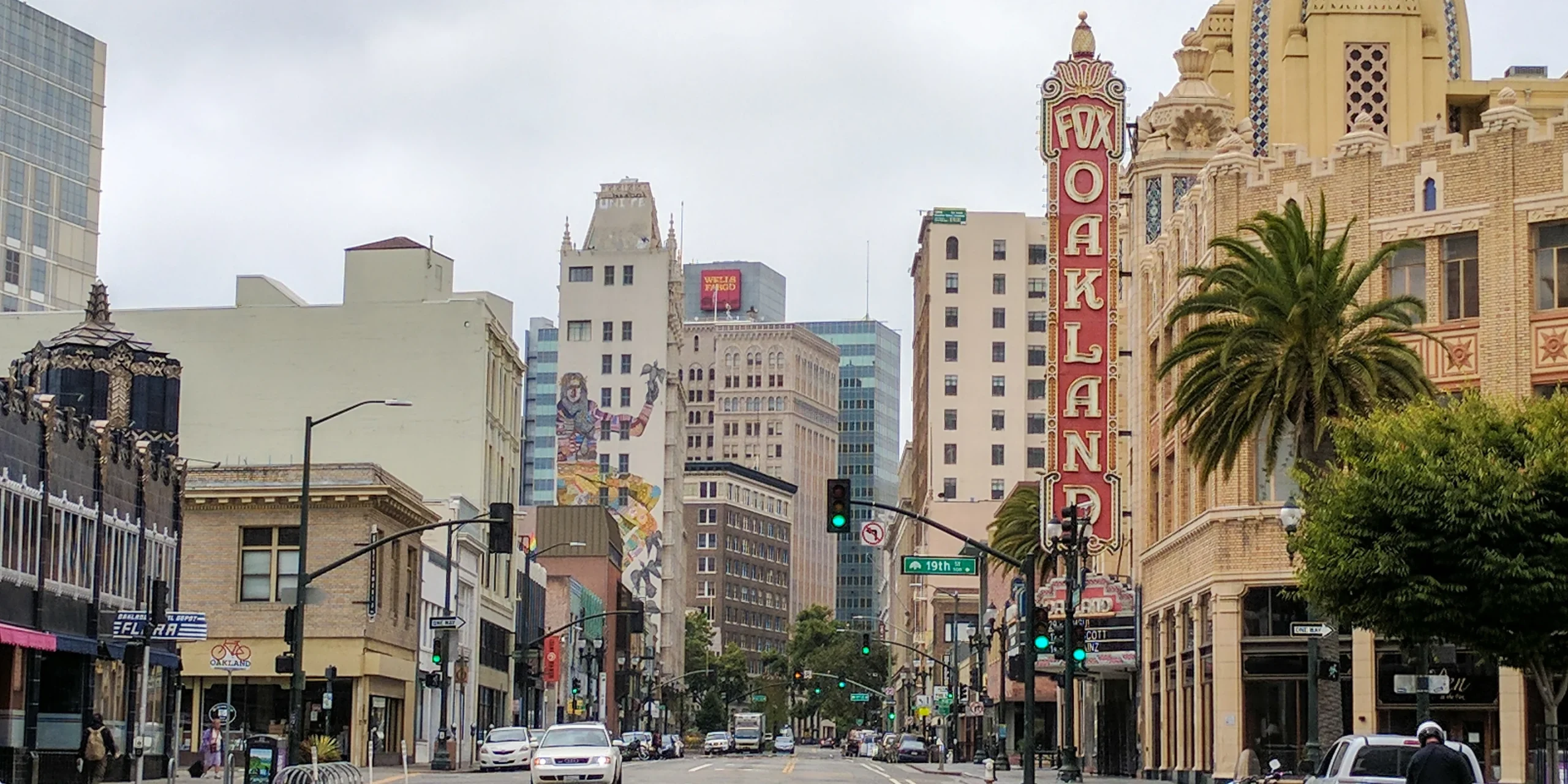Oakland’s Ceasefire Program Neglected: Investigation Reveals Rise in Gun Violence and Proposes Solutions
Oakland’s Ceasefire Program Falters, Gun Violence Rises
According to the article The Oakland Side, Oakland‘s once-successful gun violence reduction program, Ceasefire, fell apart before the pandemic. This caused a rise in gun violence, leaving residents wondering what happened. A new investigation blames city leaders for neglecting Ceasefire and suggests ways to fix it.
READ ALSO: 748 Violent Crimes Per 100k: Why Petersburg, Virginia Is Among America’s Most Dangerous Cities – Check It Out!

(PHOTO: AAA Northern California)
Audit Reveals Key Weaknesses in Ceasefire Strategy Under Former Mayor
The audit, which will be shown to the City Council on Tuesday, found that from 2016-2017, during Libby Schaaf’s time as mayor, Oakland weakened important parts of Ceasefire. This got worse in 2019 and 2020 when resources were taken away from Ceasefire. By 2020, Ceasefire wasn’t working, and the pandemic made things even harder.
Experts Say Oakland Abandoned Effective Gun Violence Strategy
Reygan E. Cunningham, co-director of the California Partnership for Safe Communities, said the city basically stopped using the Ceasefire strategy. This organization, based in Oakland, studies gun violence and helped start Ceasefire about ten years ago. They managed the program until 2020.
Mayor Thao Commissions Audit to Evaluate Ceasefire’s Decline
Mayor Sheng Thao asked for the audit in 2023 to check how Oakland was handling Ceasefire. Kaiser Permanente and the Department of Justice funded the study. The audit recommends changes to how the Oakland Police Department (OPD) reviews gun violence, how the Department of Violence Prevention uses its resources, and how different departments communicate.
Oakland Leaders Plan Major Changes to Revive Ceasefire Program
In response, Oakland leaders plan to change how OPD and the Department of Violence Prevention work. The police will shut down the Violent Crime Operations Center, which started in 2021, and seek more money to hire violence prevention staff. The mayor’s office will lead weekly meetings and restart regular performance updates to keep Ceasefire on track.
Mayor Thao Reaffirms Commitment to Ceasefire for Community Safety
Mayor Sheng Thao said Ceasefire is a key part of her community safety plan and is proud to bring back the program that saved lives.
Ceasefire’s Decline Linked to Increased Gun Violence Since 2019
But Ceasefire became less effective starting in 2019, and gun violence increased. In 2021, Oakland had its highest number of homicides in 15 years. For the past three years, there have been around 120 murders each year, mostly involving guns, plus many non-fatal shootings.
Key Meetings for Ceasefire Strategy Have Lost Effectiveness
The audit also noted that the quality of information on gang violence has dropped. Weekly meetings to review shootings, crucial for Ceasefire’s success, have become less effective. Interim Assistant Chief Trevelyon Jones said that focusing on solving crimes made preventing violence less important.
Department of Violence Prevention Needs to Refocus on Gun Violence
Oakland’s Department of Violence Prevention (DVP), started in 2017 and expanded in 2020, faced problems too. Its broad mission, staff changes, and lack of focus on those most at risk of gun violence hurt its effectiveness. The audit suggests DVP should focus more on Ceasefire clients, increase contact with them, and combine roles for better outreach.
New DVP Head Plans Reorganization to Enhance Ceasefire Efforts
Dr. Holly Joshi, the new head of DVP, agrees with the audit’s suggestions and plans to reorganize the department by mid-February. They are still figuring out how much money they need for more staff.
Path to Rebuilding Ceasefire: Insights and Recommendations
The report highlights that while rebuilding Ceasefire will take time, the program’s past success and experienced staff provide a good foundation for reducing gun violence in Oakland.
READ ALSO: Senator Johnson’s Concerns On NYC Crime Rates: Homicide Map Highlights Contrasting Safety Levels Across 18 States

















































